Are you a runner, cyclist, trekker or lover of an obstacle course? Explore our challenge event listings and find the perfect one for you!
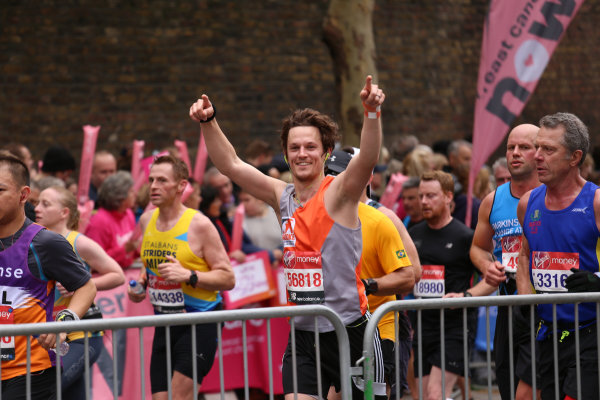
Are you a runner, cyclist, trekker or lover of an obstacle course? Explore our challenge event listings and find the perfect one for you!

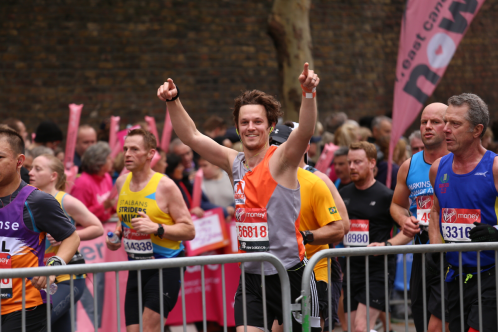
Are you a runner, cyclist, trekker or lover of an obstacle course? Explore our challenge event listings and find the perfect one for you!
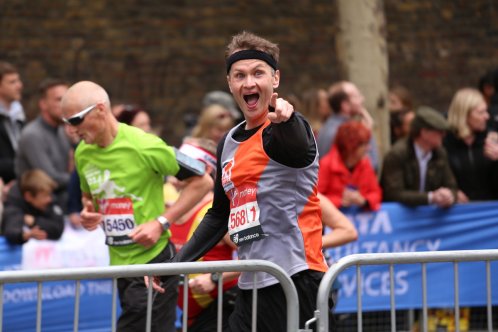
Register your interest to join Team Brooke at the 2026 TCS London Marathon next April
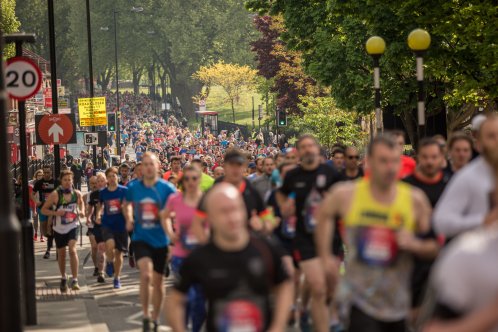
Join Team Brooke on Sunday 17 May 2026 and make a real difference in the lives of working horses, donkeys and mules around the world.
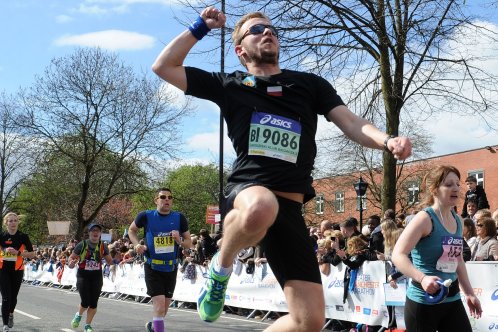
Join Team Brooke on Sunday 12 April 2026 and make a real difference in the lives of working horses, donkeys and mules around the world.

Join Team Brooke for a guaranteed place in the 10k, half marathon or marathon events at the Edinburgh Marathon Festival on Sunday 24 May 2026.
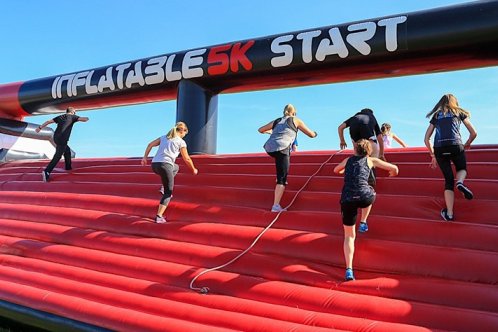
Join Team Brooke at one of 15 inflatable obstacle events across the UK and bounce to make a difference for working horses, donkeys and mules around the world.
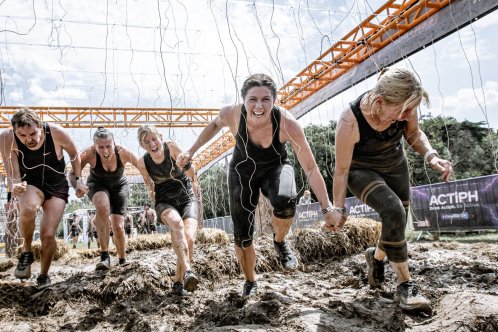
Take on a Tough Mudder event for Brooke and make a real difference in the lives of working horses, donkeys and mules around the world.
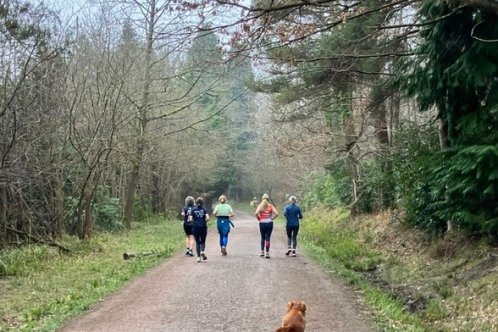
Ready to make a difference from anywhere in the world? Join one of our virtual challenge events and make a real difference to the lives of working horses, donkeys and mules.
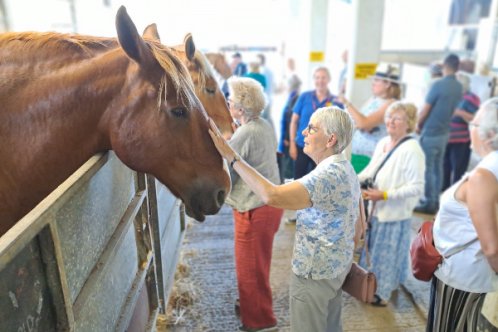
We organise exclusive events throughout the year for our most loyal supporters. Come along and meet like-minded people and discover more about Brooke's work.
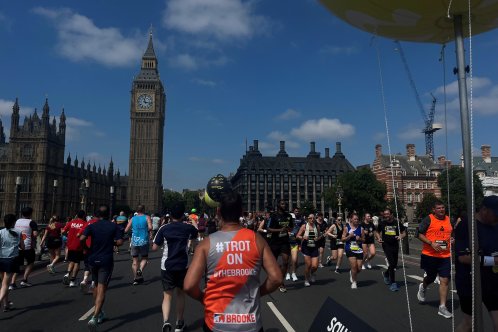
We have charity places in 10k races all over the country! Browse the 10k events on offer and join Team Brooke today.